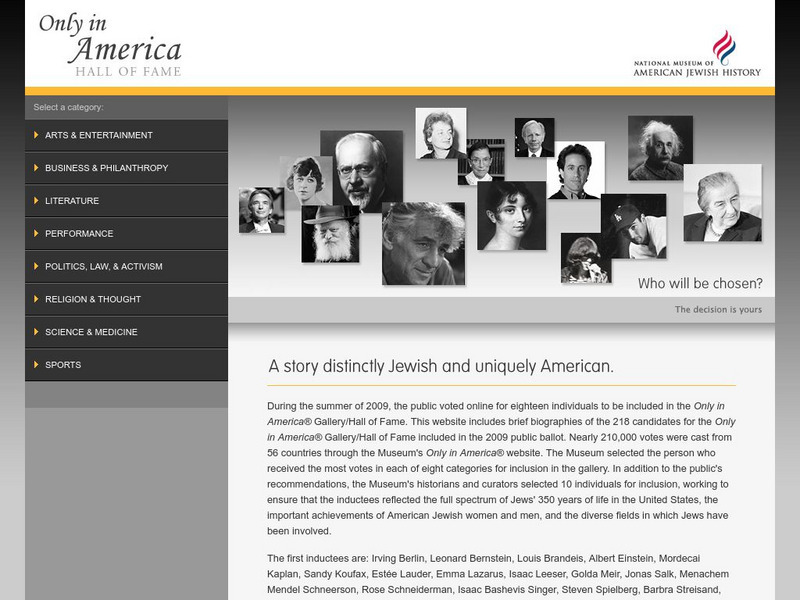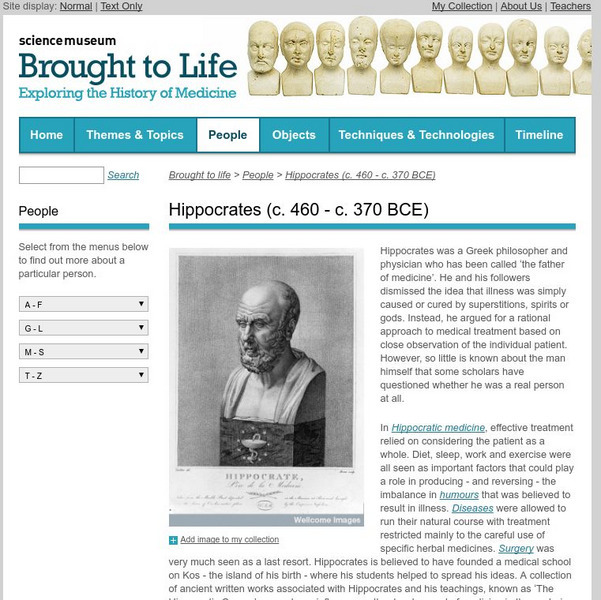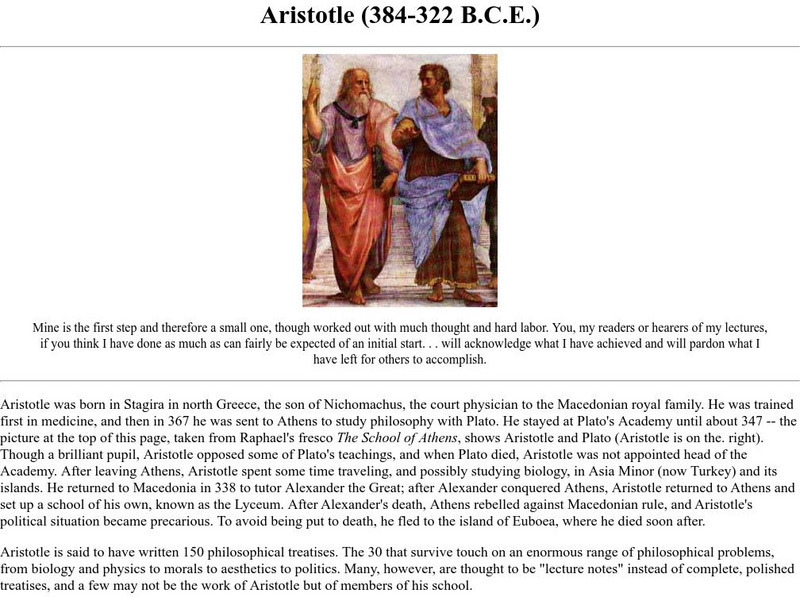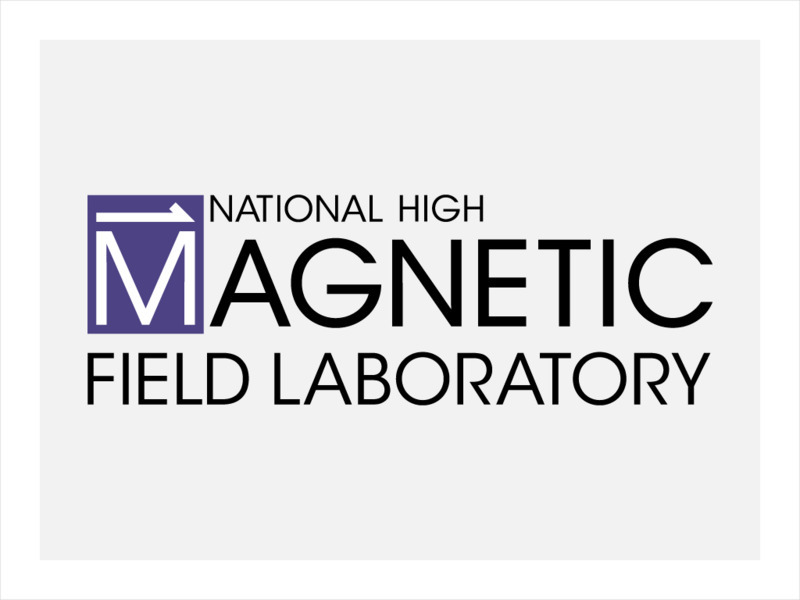University of Florida
Florida Museum of Natural History: Kitchen Science
This guide focuses on everyday substances and how we can change their properties by adding heat or cold, physically manipulating them, or mixing them together.
Science Museum, London
Science Museum: Ada Lovelace
Some say that Ada Lovelace was the first programmer because she wrote instructions for a computing device designed by Charles Babbage. This site presents a brief history of Ada's life and the important role she played in the history of...
Other
Museum of Ancient Greek Technology
This is a virtual exhibition of inventions from ancient Greece that have been reconstructed by Kostas Kotsanas after over two decades of study and research. Click on 'The Museum' link at the top of the page to read an explanation and to...
University of Oxford (UK)
Museum of the History of Science: Al Mizan: Sciences & Arts in the Islamic World
Exhibition documents the contributions of Islam in advancing scientific and technological knowledge.
American Institute of Biological Sciences
Action Bioscience: Natural History Museum Collections in the 21st Century
Discover why some people feel that natural history museums are more import now than they have ever been. Familiarize yourself with some of the challenges these museums are facing.
Northwestern University
Block Museum of Art: Anatomy of Gender (Early Anatomical Drawings)
Learn about the history of anatomical drawing as a means to sientific exploration of the body and in relation to gender issues, in this exhibit information from "Anatomy of Gender; Early Anatomical Drawings" at the Block Museum of art.
Other
National Museum of American Jewish History: Only in America Hall of Fame
Highlights well-known Jewish Americans who have made significant contributions to their fields in the arts, sciences, business, religion, sports, law, and politics. The public votes for those individuals they feel should be inducted into...
Science Museum, London
Science Museum: Brought to Life: Hippocrates (C. 460 C. 370 Bce)
A brief overview of Hippocrates and his ideas about effective medicine.
National Museum of Science and Industry (UK)
National Museum of Science and Industry: Ingenious: Tobacco
Presents a short history of tobacco use and discusses how societal mores and public policy have changed over time based on how people have used tobacco. Includes a collection of images depicting the culture of smoking in different...
Other
Everhart Museum (Natural History, Science, and Art)
Located in Scranton, PA. The Everhart Museum has extensive collections with an emphasis on natural history and the visual arts.
American Museum of Natural History
American Museum of Natural History: Five Tools and Processes for Translating the Ngss Into Instruction and Classroom
The Five Tools and Processes for Translating the NGSS are designed to help professional development leaders work with teachers on curriculum, instruction, and assessment as they achieve this vision. Click the link for each tool for an...
University of California
University of California Museum of Paleontology: Understanding Evolution
This resource presents extensive information for learning about and teaching evolution including an in depth course "Evolution 101", teaching materials, and a resource library.
Other
Denver Museum of Nature and Science: Ancient Denvers
What did Denver look like millions of years ago? Find out the answer to this and see how it has changed over time. There is also a list of parks to visit in Colorado.
University of California
Ucmp: Aristotle
The life and philosophical treatises of Aristotle (384-322 BCE) are surveyed, including his writings on biology, zoology and physics.
New York Times
New York Times: The Roanoke Island Colony: Lost, and Found?
[Free Registration/Login Required] The mystery of what happened to the Lost Colony of Roanoke has gripped imaginations for centuries. Now archaeology may be able to provide answers before long. This article describes the history of the...
National High Magnetic Field Laboratory
Magnet Academy: Oersted's Compass 1820
Compasses had been steering people in the right direction for many centuries when, in the year 1820, one particular compass made a very different sort of revelation to an unsuspecting Danish science professor.
National High Magnetic Field Laboratory
Magnet Academy: Tesla Coil 1891
By the late 1800s, electricity had long been discovered and was no longer considered a novelty. The science of how to store, enhance, or transmit electrical current was just beginning to evolve, and eccentric scientist Nikola Tesla...












